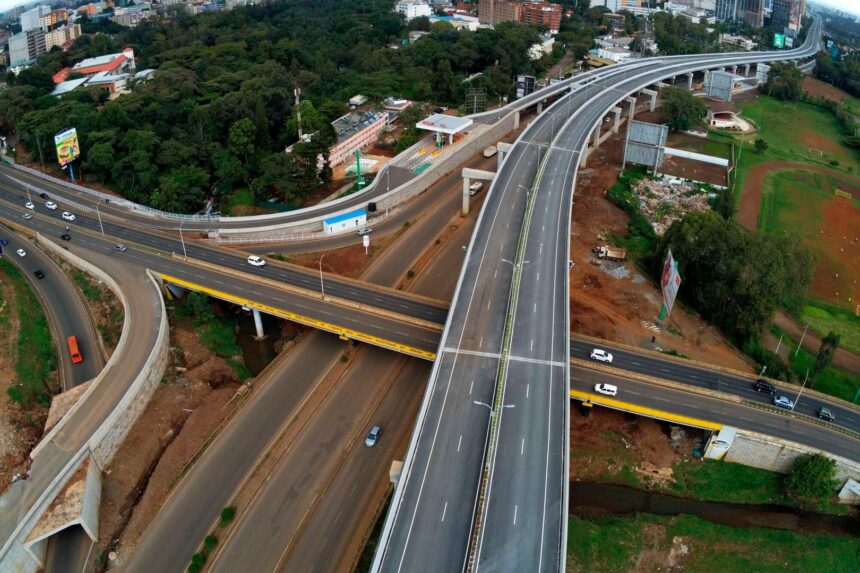The Public Private Partnerships (PPP) Directorate has rejected the construction of the Nairobi-Mombasa Expressway.
According to the National Treasury’s Project Progress and Status Report dated July 5, 2025, the Usahihi Express project, estimated to cost Ksh468 billion, did not meet key feasibility tests.
The project proposal, approved in December 2023, allowed the project to proceed to the development and feasibility study step, which allowed the Project Development Report (PDR) to be completed and submitted for final approval.
However, after an analysis of the PDR, the PPP on July 2 of this year determined that the report failed to meet the relevant criteria, recommending that it be halted until all the required standards were met.
“The proposal may, however, be resubmitted to the Committee for a fresh determination in line with Section 43 (12) of the PPP Act, 2021,” the status report read in part.
Last year, the Kenya National Highways Authority (KeNHA) inked a USD3.6 billion deal with a US company, Everstrong Capital LLC, to build an expressway linking Nairobi and Mombasa cities.
Named Usahihi, the Nairobi-Mombasa expressway is set to be one of Africa’s biggest toll roads with four to six lanes after its completion in nearly three to four years.
Funds to build the highway will be sourced from international investors, development agencies, pension funds and Kenyan private investors, according to the US infrastructure investment company.
According to Everstrong, which has a branch in Nairobi, Kenya, the expressway will accommodate the safe passage of trucks, buses, and automobiles, featuring rest stops, wildlife observation points, and electric vehicle charging infrastructure powered by renewable energy sources.
It will also comprise strategically located overpasses designed by environmental experts based on animal migration patterns to facilitate safe wildlife migration.
“More than just a road, the Usahihi Expressway sets a standard for transparent, sustainable, and community-centred development, fostering economic growth and environmental protection, and serving as a global inspiration for ethical development.”
“It embodies a commitment to transparency, hard work, and the empowerment of Kenyan citizens by engaging them as users, owners, and investors, creating a cycle of localised benefits, and ensuring that communities directly reap the rewards of their investment and participation,” the company added.
Concrete projections for the Nairobi-Mombasa Expressway began around 2018, with Korean Overseas Infrastructure and Development Corporation (KIND) and American firm Bechtel Executive in partnership with US Capital Investment Company Everstrong Capital among the companies touted to be contracted for its construction.
The project was then projected to cost around Sh300 billion. The government settled on Betchel to construct the expressway but reports allege that the two parties fell out after disagreeing on how the project’s construction would be financed.
Reports further claimed that the company rejected the government’s offer to construct the highway and recover its expenditure from toll fees, contrary to its proposal to have the government fully fund it.
In 2023, the project was once again revived, with the Treasury revealing that it had received first-stage approval for the construction of the highway under a public-private partnership model, opening the way for it to progress to the development phase.
The Usahihi Expressway, named after the Kiswahili word for “done correctly”, will be a four-lane dual carriageway with seven toll stations.
The road will be tolled, and the developers will be responsible for financing, construction, tolling, operation, and maintenance for 30 years. This includes a construction period of three to four years.
While the Public Private Partnerships Directorate has rejected the initial proposal, the committee has given the green-light for a resubmission of the proposals, giving the developers a window to include recommended changes.
The Mombasa-Nairobi Expressway is set to be one of the biggest toll roads in Africa, and its successful completion could greatly enhance Kenya’s transport infrastructure, boost local economies, and improve connectivity across the region.


